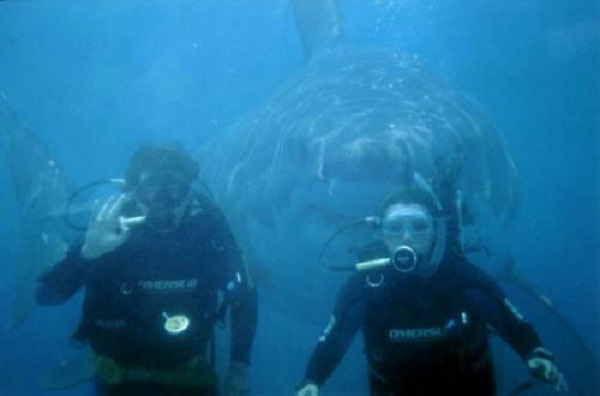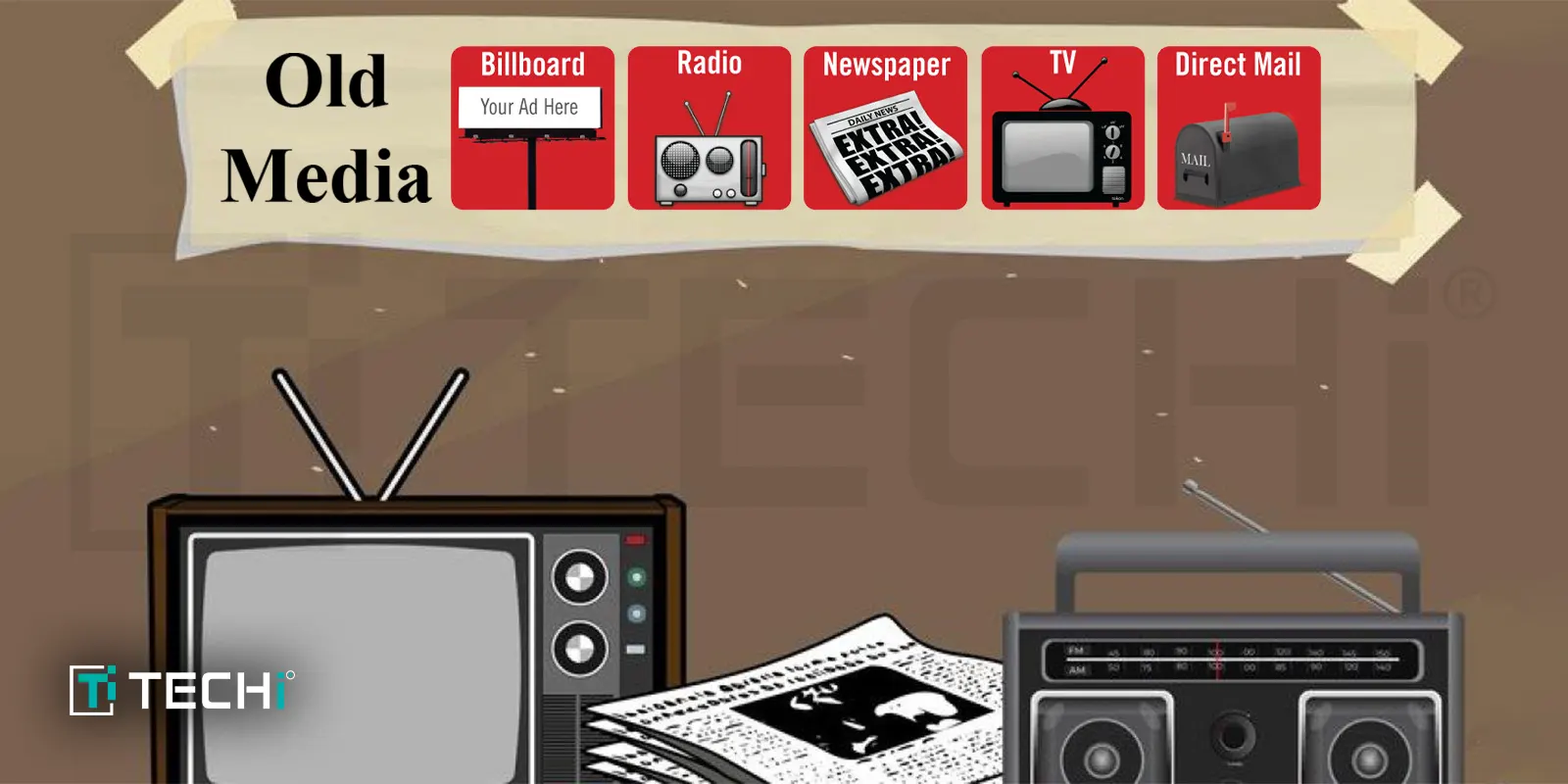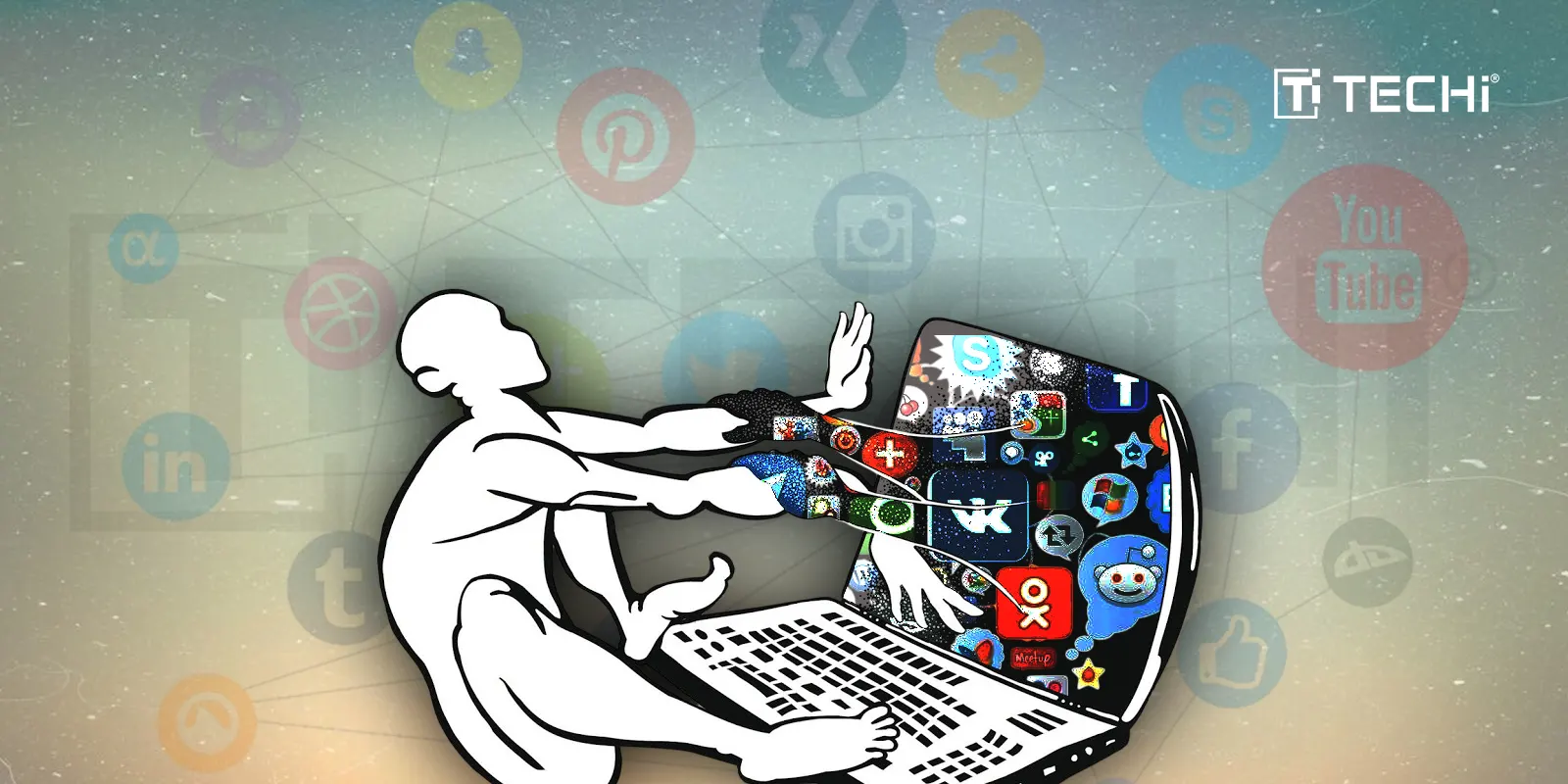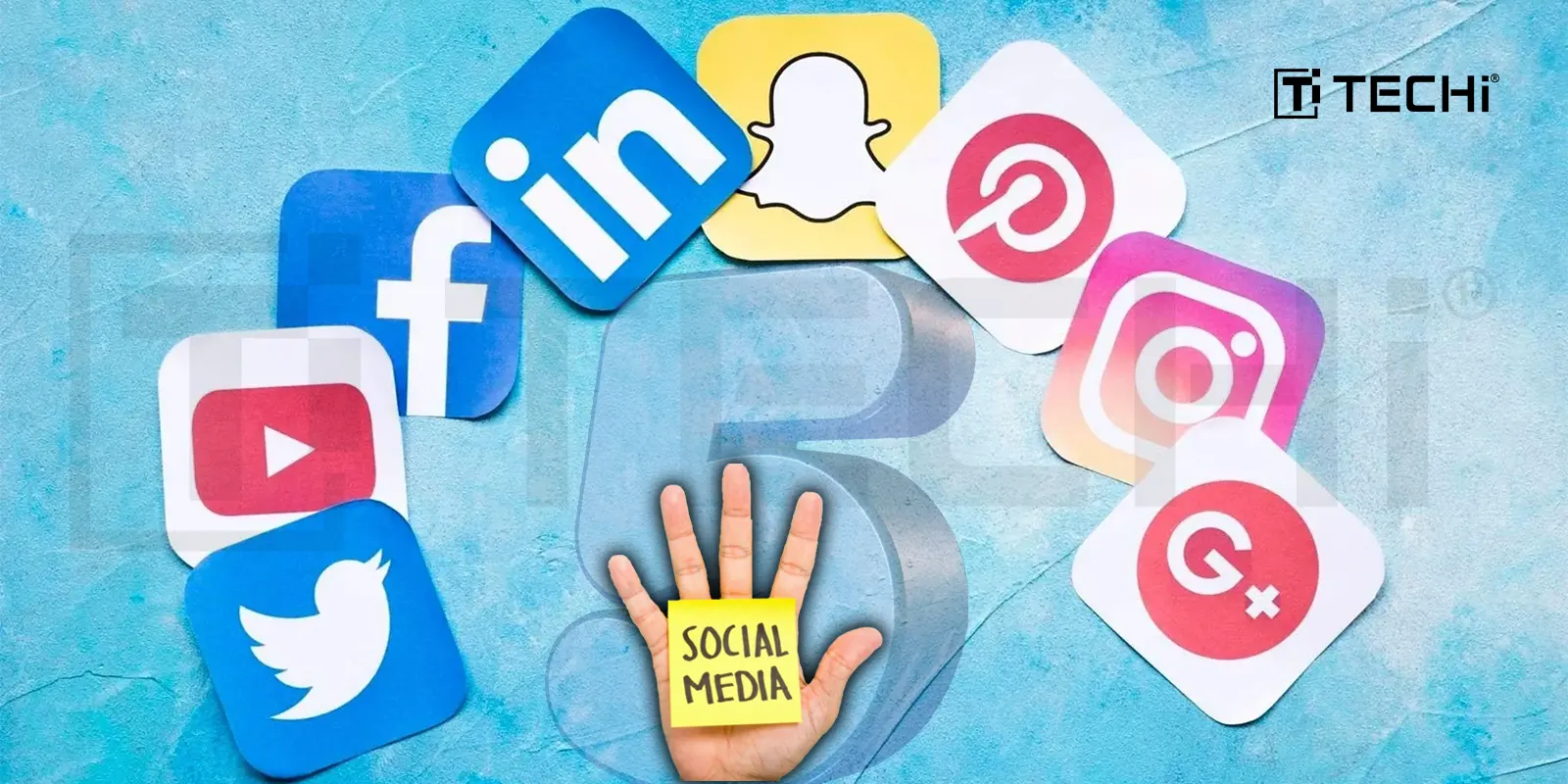Why Nothing Will “Save” Print Media

That, I freely admit, is a controversial title. Unfortunately, that doesn’t make it any less true.
While there is always chatter online about what the web will or won’t do to ‘old media’, a couple of recent developments have popped up this week: first, that News Corp (the same people who run Fox and The Wall Street Journal) may launch a tablet-only ‘publication‘; and secondly, a report (pdf link) by Next Issue Media that suggests that, if magazines expand beyond the iPad, they’ll rake in about $3 billion by 2014. What’s more, the same study said that consumers actually don’t mind paying near print prices for digital version of magazines.
Still, while $3 billion of revenue sounds a lot, consider this: Time Warner’s publishing division earned $900 million in one quarter. That’s just one company.
But revenue is only part of the equation. Those who think that print media will be ‘saved’, in the traditional sense of the word, are wrong. Here’s why:
Why “Save” Is The Wrong Word
The problem with the word save is that what it seems to mean is ‘preserve’. If I worked hard to ‘save’ my way of life, my life would basically stay the same. But print media – or its practices – will not be ‘preserved’. They will be radically altered.
What underpins the behavior of many large, old media companies is that they just need to hit on the right formula that will translate their businesses from digital to print. If Time Magazine earns $900 million a quarter, then with the right app, web site or business model combining many approaches, Time Magazine will continue to earn $900 million a quarter. It’s just that a little switch will be flipped, and that revenue will come from digital.
It’s the wrong mentality. It assumes that the only thing that will change is the delivery mechanism; the underlying practices and ideas – journalism, good writing, hiring good talent etc. – will stay the same. That isn’t the case.
The web isn’t just changing how people get information or media, its changing both consumption habits and the economics of that process.
Old Media Relied on “Attention Silos”

Many old media businesses worked by aggregating talent and brands in one place. The classic newspaper is the best example of this. It wasn’t simply that you picked up a newspaper to read the news; instead, people bought newspapers because they had everything they needed: classifieds, the weather, TV listings, the sports scores, the news headlines and countless other things. Paying a small amount of money for so much made total sense.
Even a relatively new magazine like Wired does something similar. But rather than collecting information, it gathers talent: all the best and brightest try and write for Wired, so we buy the magazine in the hopes that we’re getting the best, most cutting edge views on the modern world.
So, for lack of a better term, ‘old media’ relies on these silos of attention: they gather stuff all in one place and then sell that package to you. This was the fundamental business model that ruled for decades – and is now being shaken to its core.
The Web, Not the Newspaper, Does the Aggregating

There’s a minor wrinkle in trying to continue to follow the business model described above: the web doesn’t need media business to gather information or talent for you, because that’s how it works.
Rather than going to the site of one company to get all the information you need, the web gives you two choices to do that yourself: either simply visit a bunch of different sites to see what you want (for free); or you can use other sites and software, like iGoogle, Netvibes or the ones ISPs set up, to gather things all in one place yourself.
But what’s important in this is that it means gathering large numbers of readers to one particular site is much more difficult because the field of available information has widened so much. In some ways, it’s about specialization. Want the best weather report, and you go to a dedicated website. But in another, it’s that people are effectively putting their own newspapers together. They get their news from a mix of local and national news sites, their sports from another, celebrity gossip from specialized sites and entertainment from all over.
So, the model of ‘aggregating attention’ in one place no longer works as well because, if you ask consumers to only stay on your site, you’re putting them at a disadvantage, since not even the best newspaper on earth could possibly compete on every single front.
Why “Quality” Won’t Help
So, the obvious response to this fragmentation of information is to aggregate talent, right? Make your online publication the destination by getting all the best people there? Not quite.
The problem is that the web’s spreading out of information comes about because it’s so much easier to specialize online. Can you imagine buying a full newspaper with just weather reports for the whole world in it just to find your own? It’s absurd, right? But building a website like that makes total sense because people come to you for their own slice of information and can ignore the rest of it.
But this same issue means that anyone who wants to write on a variety of topics can do so essentially for free. This is a real problem – for magazines especially – because in-depth writing on specific topics was their main function.
See, we used to turn to magazines – even more so than newspapers – to get the smart, long view on both contemporary culture or a specific interest like tennis or auto racing. But now, despite the fact that there is a ton of stuff online that is terrible, there is also tons of stuff that can replace magazine stories – and it is often written for free.
Don’t believe me? A perfect example is Tim Carmody’s week-long guest blogging at famous blog Kottke.org – it’s often much better than writing you find in magazines. It’s not isolated either. Something similar can be said about n+1, Hilobrow or The Smart Set. What’s more, you still get access to thousands of articles from all over the place, so you can, rather than picking up one magazine, read articles from the London Review of Books, the Atlantic – or Eurogamer and IGN – and read everything you could possibly want.
The Future Will Be… Well, Different
So, what’s clear is that print media will not save itself looking to replicate itself in a digital fashion because print and the web just work differently. What’s more, the economics of the web mean that it’s too hard for singular publishing entities to compete with the wealth of content online.
And sure, there will be exceptions: maybe the ‘New York Times‘ will have enough cultural import to make it online.
But print media as we know it will be fundamentally altered. And it won’t be because it’s ‘obsolete’ or because it’s bad. It’s simply that technological advances mean that people are better served by electronic publishing and its attendant changes.




















The wonderful things about a newspaper that the digital world has so far failed to emulate are:
(1) A newspaper has edges that are visible all the time. I always know where I am in the finite pond of a newspaper whereas I can all too easily get drowned in the ocean of the web.
(2) A newspaper has a set of cultural and stylistic reference points. The editors filter what they think is important to their readers. They present what they consider to be a balanced view and package it in a well-understood consistent way. They reinforce a point of view and help one find a path in a world of competing ideas.
The digital world is fantastic too, for its wealth of unconstrained information, its speed of access and its freedom for the user to navigate and discover.
Don’t we actually need both? I’m waiting for the day when newspapers are printed with dynamic electronic ink, and controlled preferably directly by brain signals. Then I can read my paper and, when I choose, look at a picture or article and dive into another world of information provided by the web. Roll on Hogwarts Gazette!
I think the social media and all the hype will eventually implode.
You have to be different to get noticed and when everyone and their dogs are chasing the magical first page on Google; a man with a sign on the side of his donkey will stand out and grab everyone’s attention.
Cheers
Keith
Quality won’t help???
The mere fact that there is so much information out there begs for someone to gather and package it for you. You can find new, interesting, and specialized sites every day – if you spend the time to go out there and look for them. Or should I say WASTE the time. When I search for the specifications for a particular make and model of microprocessor, and get some 12yr old’s blog about the AwEsOmE!!!!! machine he put together, there’s a real problem with context.
Anyone who gathers relevant topical info together, even if it is ‘general’, can brand themselves as a news site. And with the right features, variety, online marketing, hype, and personal user customization, has the chance to create a popular portal that users would bookmark and go to every day.
But no, the final death knell for tradition print media companies rang back in the late ’90’s when popular search-and-index sites like Yahoo and Google actually incorporated and started plying their wares to the public. Many people go to these sites just to search for content. But in an effort to gain and retain ‘customers’ they have transformed themselves into destinations for everything from information, to news, to pure entertainment. Just go to almost any major search home site and look at all the information and features they offer.
The only way a print media company could compete with what they have now become would be to develop new online technology themselves (smart searching or something equally as useful), build exclusive content found no where else (e.g. contracted columnists and licensing), form partnerships with existing and popular online entities, or buy them out.
Most of the people of the world do not have access to digital media. There is no time in the future when this will not be true and they will rely on print media, if they can get it.
Alang’s analysis is interesting but there are too many variables at play. Neil Postman’s Amusing Ourselves to Death suggest an even more troubling future where an already lazy and ignorant consumer subsist on thin infotainment (factually challenged but topically seductive that pushes enough sensory buttons). We have a technology that enables us to access an unparalleled amount of information but we increasingly have a declining capacity to tell what is relevant, important, or true.
The web is also a mighty parasite that feeds on the productive energy of those old school aggregators. If conventional media companies, especially those reporting news, go under and their online presence does not generate the revenue to support their older aggregating and filtering organizations, then there will far fewer pastures for websters to poach and exploit. What makes the web vital is the amount of information from older technology that got dumped online and made available at no upfront cost to the consumer. Killing print media is a lot like killing the goose that lays the golden eggs.
To be sure new media will kill off old media. But I don’t think a lot of thoughtful people will like what we get from this. There were a lot of loopy morons who thought the web was going to create a whole new model for social interaction and social relationships. What we got was cheap porn and a new platform for lying, cheating, and stealing.